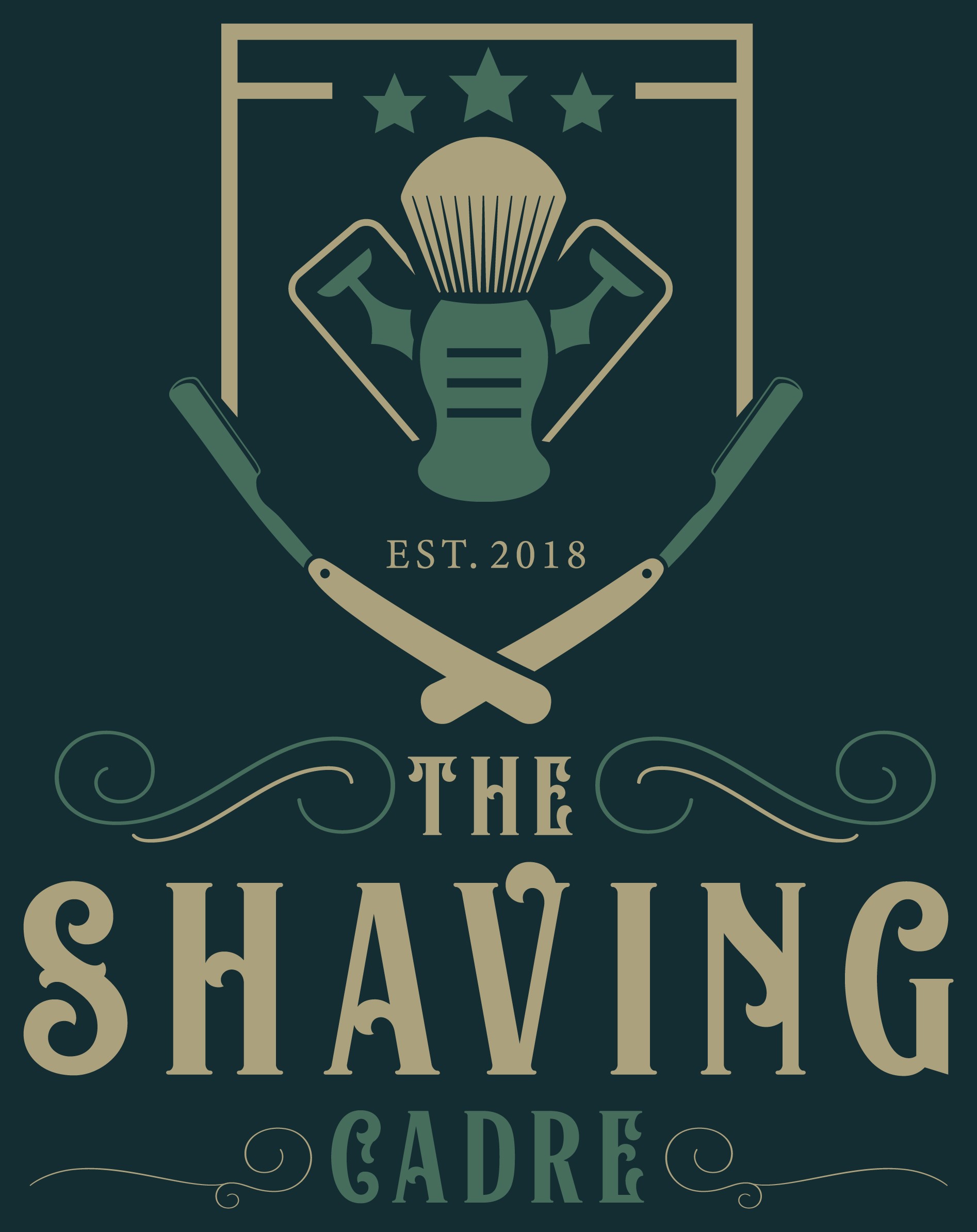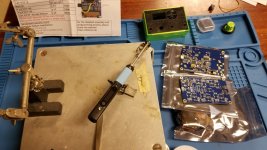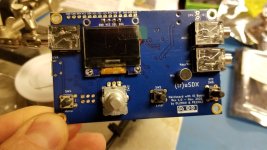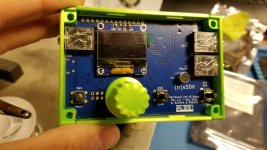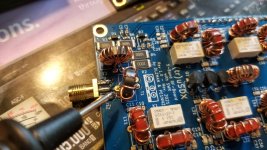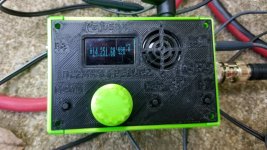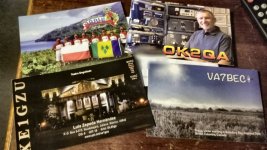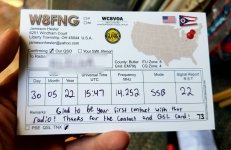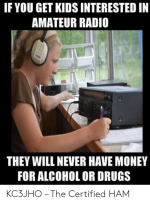I do shortwave radio. Late nights with Radio Free Guatemala make life worth living.
The Shaving Cadre
You are using an out of date browser. It may not display this or other websites correctly.
You should upgrade or use an alternative browser.
You should upgrade or use an alternative browser.
HAM Radios
- Thread starter dangerousdon
- Start date
Consider TSC Con 2023 for your travel next year.Hello Bill, and thanks for checking on us. All good here, and I hope it is well with you and your Bride also.
We were fortunate to take a couple of extended trips to Florida and Italy, so I've laid low on posting. Mostly just following along in the background for now.
I’d love to be able to get together in person.
GearNoir
“The TSC’s Napping Beefcake”
I don’t see any bacon
This sir is witchcraft!...But I love it!
I sadly laughed at thisI don’t see any bacon
WB7RGA
OpusX
TSC’s Master of Warp Cores, Alchemy, Ale, & Cider
Subtle...WB7RGA
- . - - - - - . . - . - . . . . - . - . - . . . . . - - - . . - - - - .Subtle...
Show off!- . - - - - - . . - . - . . . . - . - . - . . . . . - - - . . - - - - .
OpusX
TSC’s Master of Warp Cores, Alchemy, Ale, & Cider
- . - - - - - . . - . - . . . . - . - . - . . . . . - - - . . - - - - .

Nice!
Of he asked you to pull his finger, I know who he was.After that we have success and a first contact with a gent in Ohio
FarmerTan
Sr. Shave Member
I am a lowly Tech, and have been away from playing radio for much too long. Local ham club politics soured me, but I can't add anything to this answer.When you said "$30 handheld" I knew it was a Baofeng thread right out of the gate. I am an Extra Class licensed opperator and Volunteer Examiner, over the last decade. It is a fun hobby to be sure, if you are into techno sciency nerdy stuff, and or just want to have a better understanding of how you can communicate to folks in a not so cellphone and internet connected world.
Lets see what I can do to answer your initial questions:
Best way to prepare for a test
- -Ok. So there are two major schools of thought here, which can spark debate (as all things do)
- Actually Study: You can find a local study group related to a local ham radio club, or just get actual books for the topics at hand (Studying for a Technician License)
- The major advantage here is you'll actually learn stuff, such as frequency theory, how to make an antenna, how squelch works, etc. Good stuff for sure, but can be a bit dense
- Study the exam questions: This is the "controversial" part. The exams are public knowledge as they are from the FCC. Now an exam is made from a large pool so there are many possibilities but luckily there are websites that will help you study every question and every answer.
- Practice Amateur Radio Exams by QRZ Ham Radio <-- Take these regularly until you get 80% or better and then go test (either at a club event or online)
- My advise is to do both. Study theory, and then take exams to make sure it sticks.
Best beginner setup that won't break the bank
Any additional information the seasoned vet is willing to impart to someone who is less than a newbie
- This all depends on what you want to do.
- VHF/UHF [analog]: This starts with your typical "walkie talkie" type handhelds, such as UV-5R. These are typically used in conjunction with repeaters for local (30-ish mile) coverage.
- Digital VHF/UHF [DMR, C-4FM, D-STAR, P25, etc] a nifty advent that is a bit more modern and allows for repeaters to be internet connected for redundancy or other connectivity. Look into it for a handheld, as these will also do analog.
- HF: The real deal big boy fun. You can do very limited stuff with a Technician license (mostly voice/morse on 10m) but this is where you get your crazy multi-thousand mile point-to-point contacts. The real fun starts with your General license, so study up.
- Like most hobbies it can get DEEP. It is a great skill builder. Don't ever feel intimidated, always ask questions, and find an "Elmer" [ham speak for mentor] to help make practice sense of the technical jargon.
I will say I just bought the study guide and taught myself the theory, and knew a few guys at my church that served as Elmer's to me.
I NEED to upgrade to General. Hope to study this winter. Playing around on the HF bands will probably be semi-expensive, but I SURE ain't gettin' any younger!
Good luck Don; you'd be an incredible asset to the community my friend.
